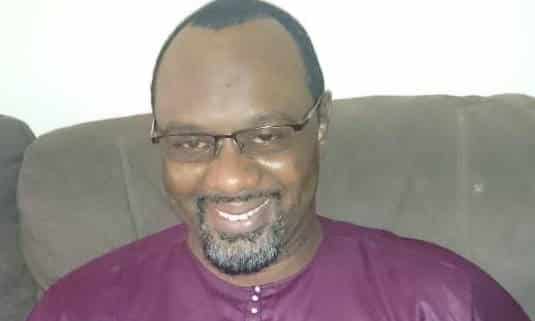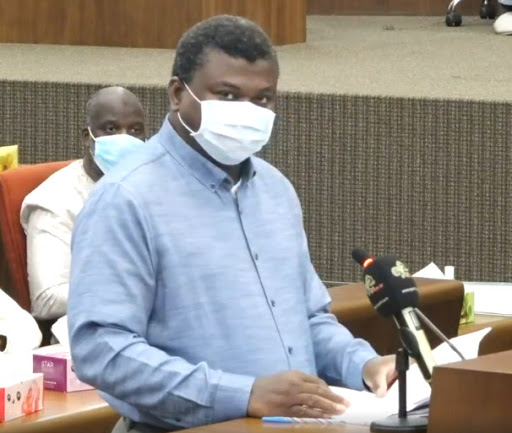By: Nyima Sillah
President of Tresor Women Warriors AjaKumba Daffeh-Kah has opined that foodinsecurity would be consigned to history if women had equal land rights like men.
“If women are given the same opportunity as men to own lands, food insecurity would be a thing of the past. Women farmers in The Gambia are the most hardworking and resourceful women. Imagine if we invest in these people, put everything in them, geteducated women in agriculture, food securitywill be a thing of the past,” Madam Daffeh-Kah told The Voice in an interview on Wednesday.
She explained that if Treasure WomenWarriors had access to more land, they wouldproduce more than the 37 hectares that theycultivate this year.
“If we had 50-60 hectares of land, we wouldcultivate it as we have the manpower, resources, fertilizer, seedlings and inputs. If we are given access to land, we would be part of the solution for food security in thiscountry,” she vowed.
Madam Daffeh, who has been in agriculture for seven years, pointed out that women do not own land in rural communities as most of the lands are controlled and owned by theirhusbands and brothers which, she said, ishindering the agricultural activities of women,who are passionate about farming.
“You will see a woman who wants to be in agriculture but only small portion of land isgiven to them and they cannot do anythingwith that. If we are serious about food securityin this country, we have to look at the land tenure system and land rights for women,particularly women who want to venture in agriculture,” she pointed out.
The Tresor Women Warriors’ President furtherstated that one of the major challenges in theGambia’s agriculture sector is the land issue, adding that the demand for land continues to outstrip supply thereby inhibiting the ability of farmers to grow enough of what they eat. This, she argued, is a testament that The Gambiadoes not does not prioritize its foodsovereignty and the agriculture sector.
“It’s not only the government that needs to prioritize agriculture but the citizens as well,” she highlighted.





